Marcel Mazé, a young lawyer and film lover, attracted the attention of Maurice Périsset, director of the Festival International du Jeune Cinéma de Hyères, by organizing on his own, on the 23d of June 1970 at the cinema le Studio du Val de Grâce in Paris, a session of French films from the edition that had just taken place during the Var event: Une courte histoire pour les enfants : Angélina by Pierre Bertrant-Jaume; Jojo ne veut pas montrer ses pieds by Denis Berry and Le Socrate by Robert Lapoujade. Périsset then asked Mazé to form a pre-selection committee for the 1971 edition of the Hyères festival. This resulted in an intense activity in Paris, and screenings were programmed almost every week in different places. Meetings were held regularly at the Maison de la Culture in rue Mouffetard. At the last of them, it was agreed to organize a round table at the festival of Hyères to specify our directions. Some of us were part of the pre-selection committee, others were members of the jury composed by Mazé. With the support of Marguerite Duras, during this meeting in Hyères, we laid the foundations of the future cooperative which was named Collectif Jeune Cinéma. The statutes were signed on June 12, 1971 at a Parisian lawyer’s office by nine people who elected Marcel Mazé as the president. Two all-night screenings were organized at Frédéric Mitterand’s Olympic cinema, which hosted the CJC screenings until the summer of 1972. The first took place on June 29, 1971 with, among others, Jaune le soleil by Marguerite Duras and Le Château de Pointilly by Adolfo Arrieta. The second all-night event, on December 3, 1971, which focused on films by Kenneth Anger, Bruce Baillie, Stan Brakhage, Peter Kubelka, Ken Jacobs, Jonas Mekas or Michael Snow, attracted a considerable crowd and was repeated the next day.
Focus
Pierre Bressan : trajectory
Focus #1
75004 Paris
Programmed and presented by Theo Deliyannis and Judit Naranjo Ribó
Program
Aesthetics of the signal, a panoply of filmic hacking
Focus #2
94250 Gentilly
Pre-program on LED display
Film program
Most films are only worth dismembering to compose other works
Focus #3
93300 Aubervilliers
Le Cinéma Le Studio d’Aubervilliers se trouve au 2 rue Edouard Poisson (Théâtre de la Commune) 93300 à Aubervilliers. L’adresse figurant sur notre brochure papier est érronée.
Program
The Cellar: cycle of pre and post-Covid film screenings
Focus #4
The cellar’s address will be communicated after booking.
Program
An "École du corps" ?! Lithophonie
Focus #5
75010 Paris
Program
Les Brigades S’Marti, St Charles / CJC, 1998-2008
Focus #6
75005 Paris
Program
Etna' Workshop : CJC Remix
Focus #7
75005 Paris
Films from which the workshop films will be inspired
The Productions Aléatoires
Focus #8
75001 Paris
Program
Cooperating Affinities
Focus #9
75001 Paris
Program
Opening Night
Focus #10
75005 Paris
Program #1
Film agricole × Bracco
The Devouring glances
Focus #11
75005 Paris
Program
Outside the system
Focus #12
75005 Paris
Program
Absis-Duras : a friendship on screen
Focus #13
75005 Paris
Program
BorderLight Films
Focus #14
75005 Paris
Program
Closing night - Klonaris / Thomadaki : L'Enfant qui a pissé des paillettes
Focus #15
75005 Paris
Program
Competitions
Competition #1
75005 Paris
This program contains videos that may potentially trigger seizures for people with photosensitive epilepsy.
Program
Competition #2
75005 Paris
Program
Competition #3
75005 Paris
Program
Competition #4
75005 Paris
Program
Competition #5
75005 Paris
Program
Competition #6
75005 Paris
Program
Public deliberation of the jury
75005 Paris
Awarded films
75005 Paris
Program
Young Audiences
Young Audiences #2
☾ Freedom! ☽, from 6 years old
92130 Issy-les-Moulineaux
Program
Young Audiences #2
☾ Freedom! ☽, from 6 years old
75005 Paris
If you would like to register a group of children for the session, please write to transmission{at}cjcinema.org.
Program
Filmmakers -15 years old
75005 Paris
Session accessible to all audiences, adults and children.
Program
Filmmakers 15-17.9
75005 Paris
Program
Jean-Pierre Ceton
Raphaël Bassan
Absis & Judit Naranjo Ribó
Cécile Ravel
Érik Bullot
Collective
Frédéric Tachou
Théo Deliyannis
Gauthier Beaucourt
Michel Amarger

Théo Deliyannis
Stéphane Marti
Edito
The CJC in 50 Years and Two Periods
Nowadays
Sorting out everything that is produced is a difficult task. Fifty years ago in Hyères and Paris, in this crucible from which the Collectif Jeune Cinéma emerged, a group of “activists” gathered around Marcel Mazé, was already sorting out films. On what criteria? Well, like we do today: a combination of personal experiences, of a cinematographic culture that comes with concepts, categories, and finally personal expectations of what a creation free from market determinisms should be. But whether we like it or not, there has been an evolution in the sphere of experimental cinema over the past fifty years. This can be seen in the growing proportion of filmmakers who are “doing experimental films”. Like the painter Renoir, who was doing impressionism rather than being an impressionist, there is now an abundance of filmmakers who are doing experimental films instead of being experimental. However, the CJC, from its very beginning, has been much more attached to experimental filmmakers than to filmmakers doing experimental films. We must see behind this wording, which is perhaps convoluted, a major stake: to be able to discern between an artistic gesture rooted in a way of being in the world, a philosophy, even a spirituality, and a desire to appeal, to follow an expectation. There is no age limit or prerequisite to belong to the first category. This year again, our program, – 15 years old, and the new one, 17-17,9 are the proof that very young filmmakers are capable of doing this. We have tried to find this exceptional emotion they brought in all the competitive programs we designed. This is the reason why, for fifty years, the Collectif Jeune Cinéma has always been called Collectif Jeune Cinéma.
To celebrate its jubilee, the festival will dedicate numerous focuses to the highlights of the history of CJC. This is a twofold perspective: to refresh our gaze thanks to a huge work on our films and archives, and to prepare the next fifty years with new tools for filmmakers, programmers, researchers, film lovers, students, audiences, young people, old people, employees, workers, farmers, executives…
Enjoy the festival!
The Steering Committee of the CJC 50th Anniversary
Raphaël Bassan, Théo Deliyannis, Laurence Rebouillon, Frédéric Tachou
The Sponsoring Committee
Christa Blümlinger, Jean-Pierre Bouyxou, Nicole Brenez, Jean-Paul Fargier, Hubert Haddad, Dominique Païni, Jonathan Pouthier
Awarded films
Resources
Members of the jury
Jean Pierre Ceton
Jean Pierre Ceton is a French writer born in 1950. He
met Marguerite Duras who dedicated to him the collection of texts Les Yeux verts published in Les Cahiers du cinéma in 1980.
Between 1975 and 1982 he directed several short films including Dis/ cours, Narcisso-métal, J’aimais encore cette vallée as well as two feature films: Quand je pense à Jacences and Fréquence perdue. He then devoted himself to writing and published a dozen novels including Rauque la ville (preface by Marguerite Duras), La Suive,
La Fiction d’Emmedée, Les Voyageurs modèles, Le pont d’Algeciras, L’Insatisfaction, Nouvelles du passé, and Le Petit roman de juilleten
2020
Around the end of the last century, he signed several articles in the newspaper Le Monde (including “Libérons la langue française” and “Voilà le temps venu de poser la question de l’Académie”). Present on social networks, he animates like a great book his web page jeanpierreceton.com and directs the online magazine Lettreaulecteur.com
Élodie Imbeau
After studying classical literature and social sciences, Élodie Imbeau began working at the Cinémathèque française as a programmer for young audiences, a position she has held since 2002. In addition to programming films, she also coordinates all kinds of practical workshops for young audiences to discover the cinema. She is particularly interested in pre-cinema and in 2006 wrote a book for children in the Atelier-Cinéma collection (Actes Sud/Cinémathèque française) devoted to magic lanterns.
In addition, she is a founding member of the association Braquage (association for the diffusion of experimental cinema), and producer of clips for the label Air Rytmo.
Lea Leïla Jiqqir
Lea Leïla Jiqqir is a Franco-Moroccan artist, video maker and musician-producer based in Nancy (FR).
Half-self-taught, half-graduated from the Fine Arts School of Nancy, her work explores the meanders of plural identities through questions of genealogy, of return to the roots… Between writing, video and sound, often on the edge of documentary, Lea Leïla Jiqqir draws her inspiration from her own quest for identity, from very particular origins and geography. Sliding little by little from these autobiographical questions towards more universal concerns, her work questions the multiple facets of immigration issues, including: mobility, transmission, oblivion, the violence associated with it, the deconstruction of past(s). Through the prism of introspection, intimate poetry and self-taught investigation, Lea Leïla Jiqqir’s work is constantly changing, unstable, between progression and digression.
Also a musician and producer, she is part of the Franco-Moroccan electro-psyche duo Taxi Kebab, while remaining involved in the field of event organization (visual arts, music).
Occitane Lacurie
Occitane Lacurie is a member of the editorial board of Débordements, co-producer of a podcast on the moving image and PhD student in visual studies. She works on the relationship between ghosts and technology through the prism of media archaeology.
Christian Lebrat
Christian Lebrat is an artist, filmmaker and photographer. He has made about twenty films, performances and installations as well as several videos. A DVD of his celluloid films, Vibrations, has been published by Re:Voir. His films are part of the Centre Pompidou collection and his video V1 (Tourbillons) is part of the FNAC (Fonds National d’Art Contemporain) collection. He created and manages the Paris Expérimental editions. He is the author of Cinéma radical (2008, 2nd expanded ed., in English, 2021) and co-author of Jeune, dure et pure! A History of Avant-Garde and Experimental Cinema in France (2001).
Festival team
Team of the 23rd Festival des Cinémas Différents et Expérimentaux de Paris (Oct. 6-17, 2021)
Festival direction
CJC 50th Anniversary Sponsorship Committee
General coordination, administration and print traffic
Focus Programming Committee
International Competition Selection Committee
Programming Committee Filmmakers -15
Programming Committee Filmmakers 15-17,9
Programming for young audiences
Communication
Trailer
Festival photographer
Translation and subtitling
Additional content
Graphic design
Volunteers
Acknowledgements
The festival team would like to thank all the members of the CJC who volunteered their time to make this edition possible.
The CJC also thanks for their participation, ideas, support and gestures
Camille Aubaude, Robinson Barbe, Gauthier Beaucourt, Loïc Blanchefleur, Lucie Bonnet, Benoît Dechaumont, Šejla Dukatar, Anne Enderlin (Lavoir Numérique), Christine Bressan- Bleijenberg, the team of the Cinémathèque de Toulouse, Martine Derain, Clémentine Mendy, Séverine Préhembaud, Adrien Von Nagel (Polygone Étoilé), Anastasia Eleftheriou (Forum des Images), the association Home Cinéma (La Clef Revival), Michèle Kastner, Carmen Leroi, Alain Lithaud, Jean Mascolo, Margot Merzouk (L’Archipel), Joseph Morder, La Poudrière (L’Etna), Jonathan Pouthier, Elena Sarnin, Lionel Soukaz, Richard Stencel (Le Studio), Lo Thivolle, Damien Truchot
A big thank you to all the filmmakers and artists who made this 23rd edition possible, as well as to the members of the juries, the programmers, the speakers, the authors of the articles in the catalog, and to all the guests.
The films of this edition are distributed by : Collectif Jeune Cinéma, Institut Français, Cinémathèque de Toulouse, Light Cone and by the filmmakers themselves.
COVID-19
- In accordance with the legal decrees relating to the health situation, access to venues will be conditional on the presentation of a EU Digital COVID Certificate for all spectators aged 11 and over
- Wearing a mask remains mandatory in all venues
- Hydro-alcoholic gel will be available to the public in all festival venues
























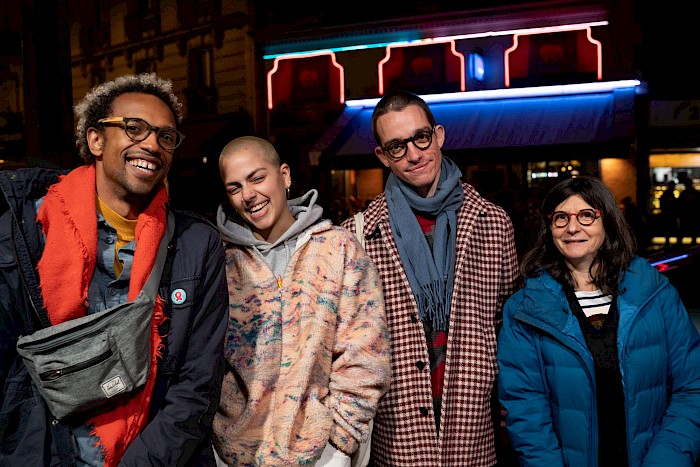












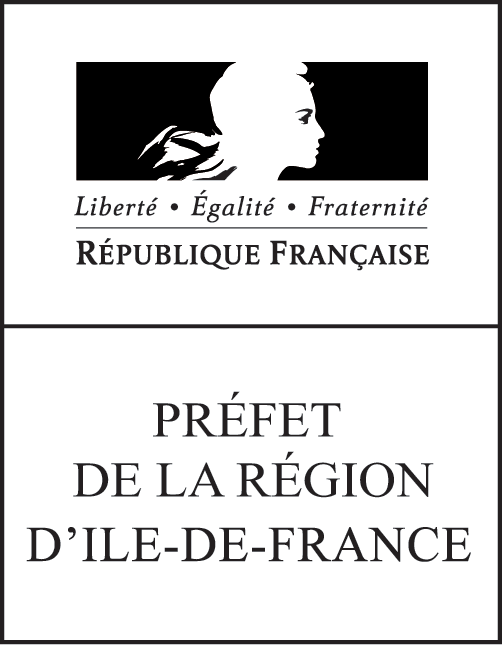
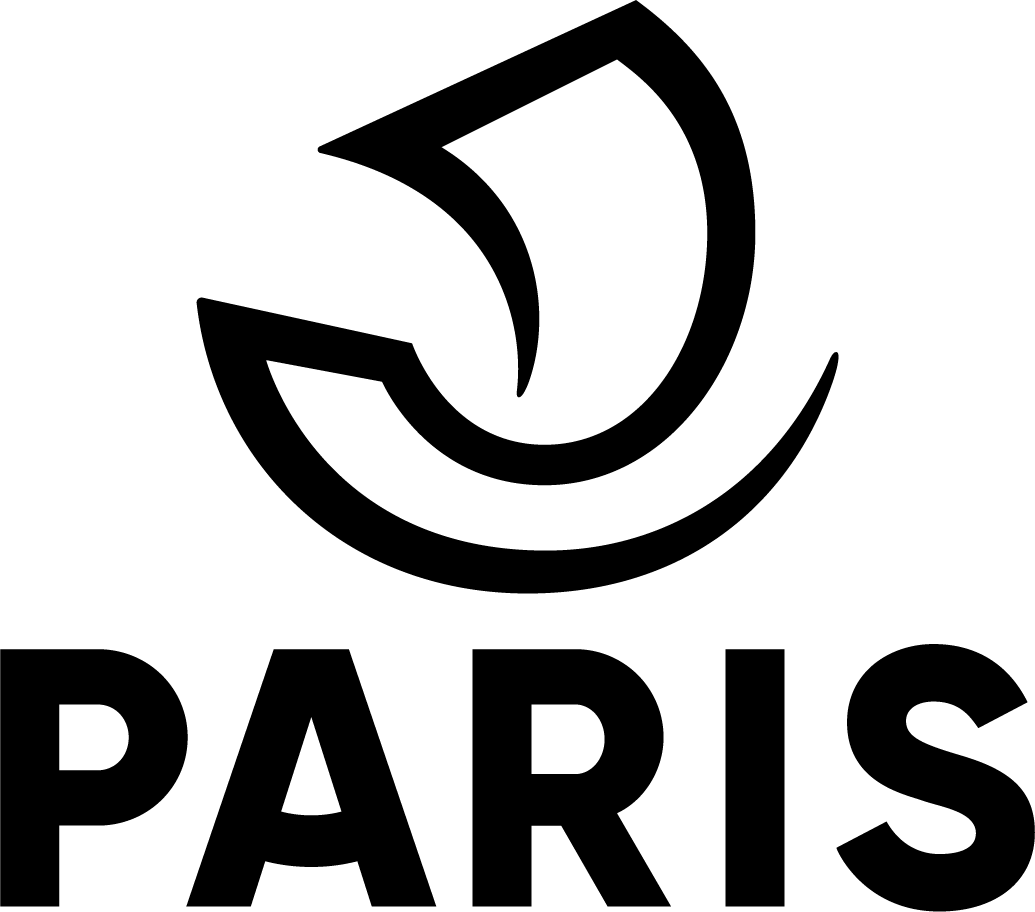
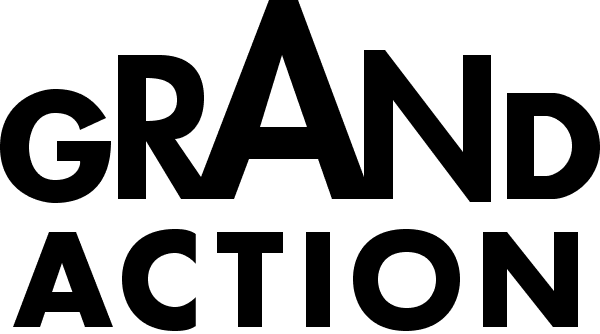


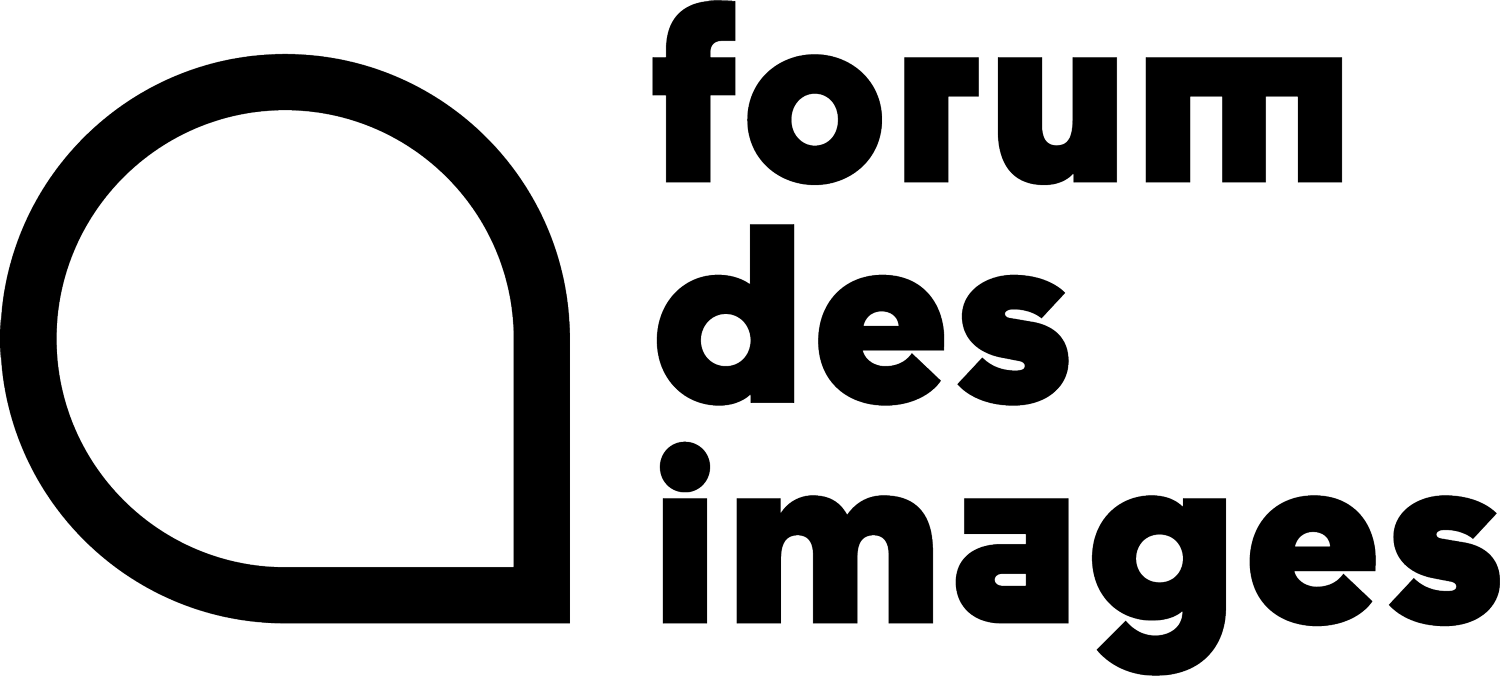

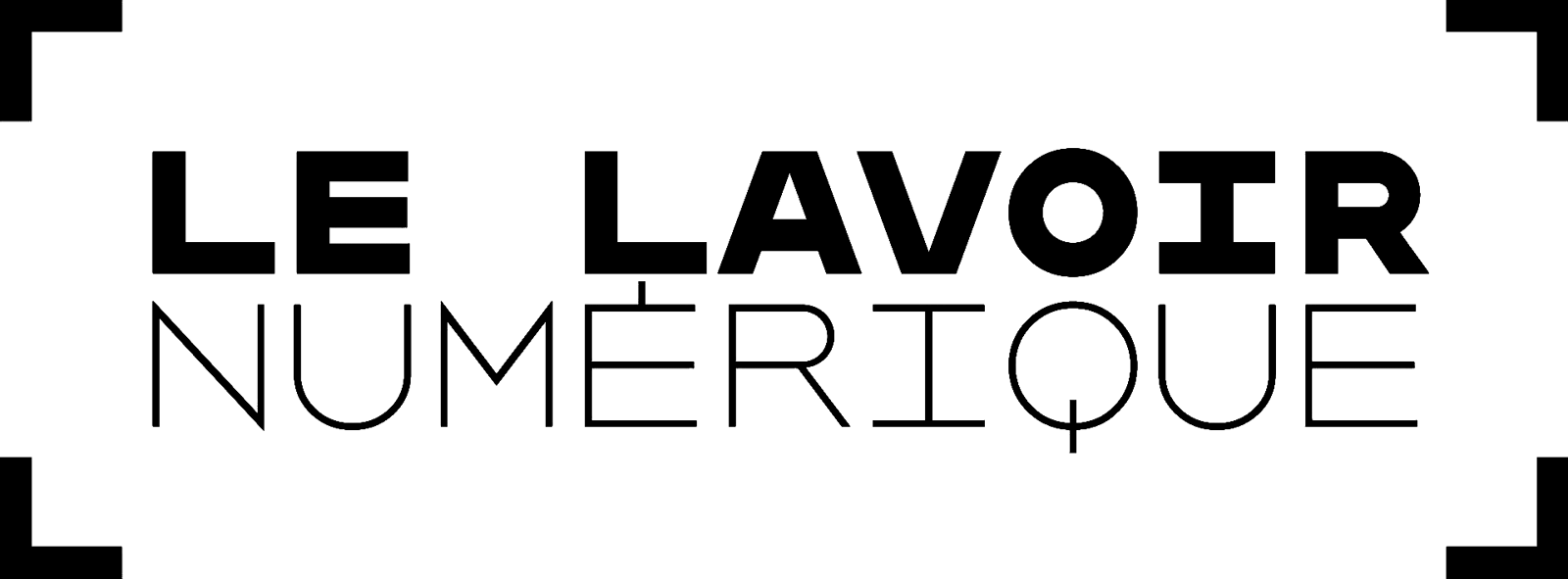

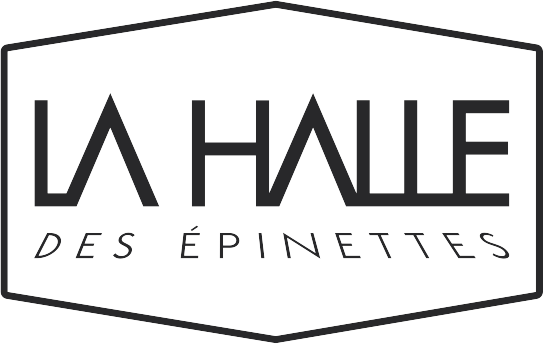
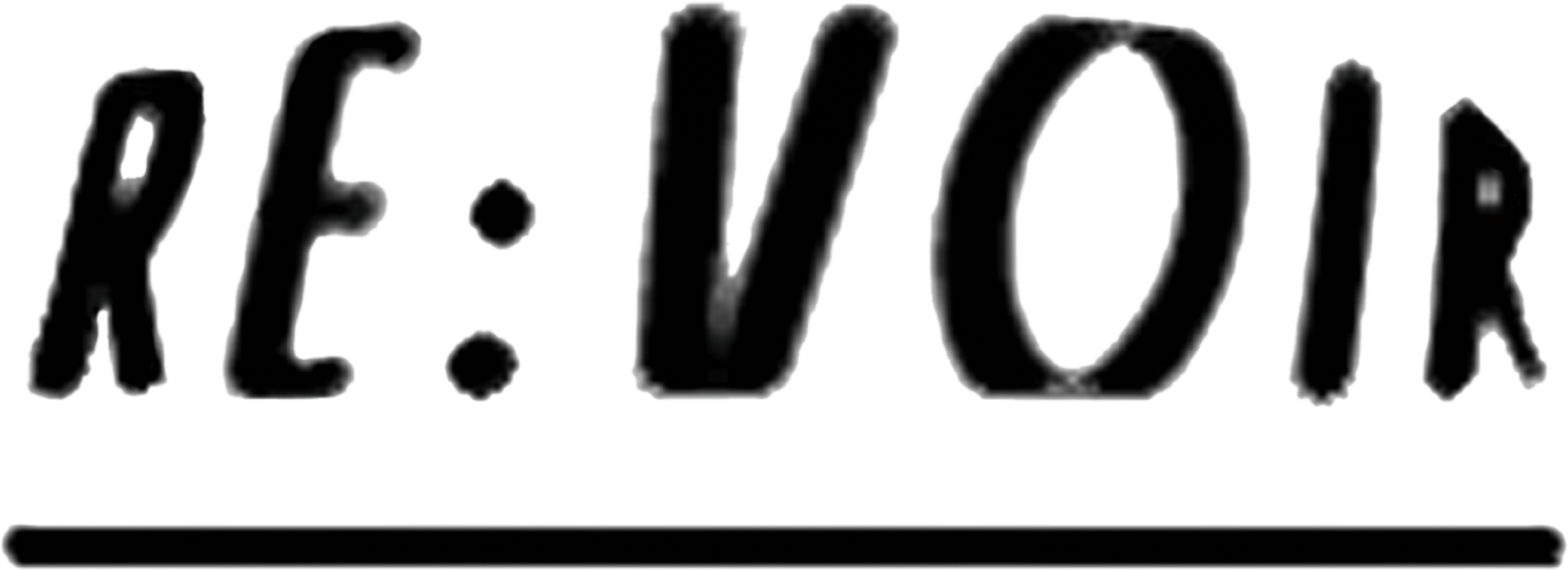
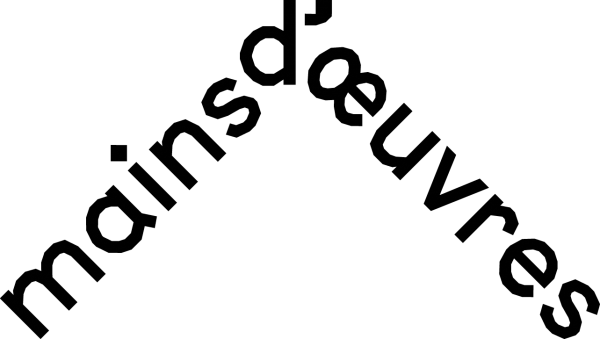
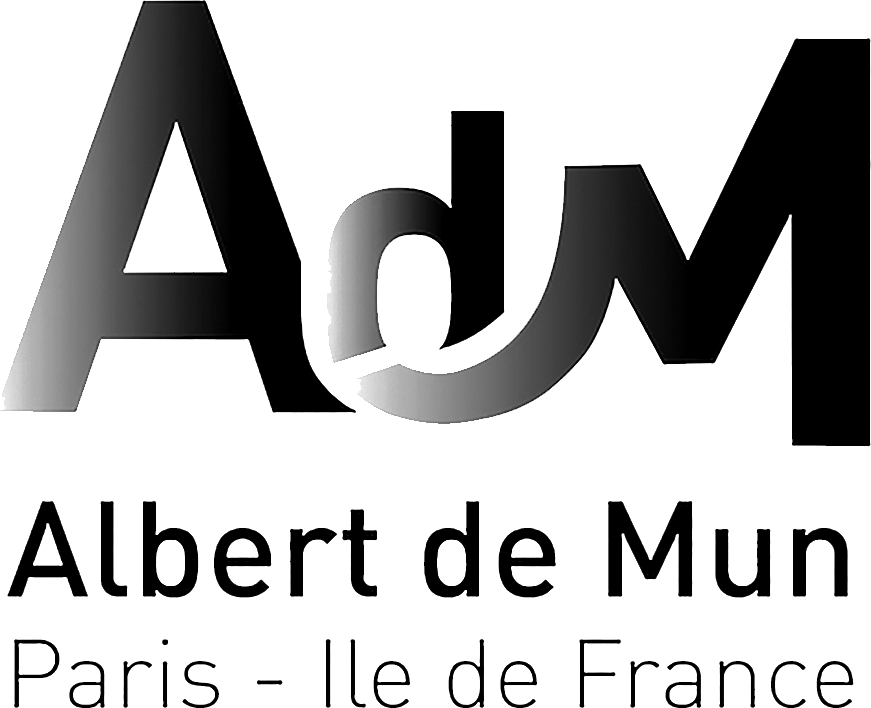
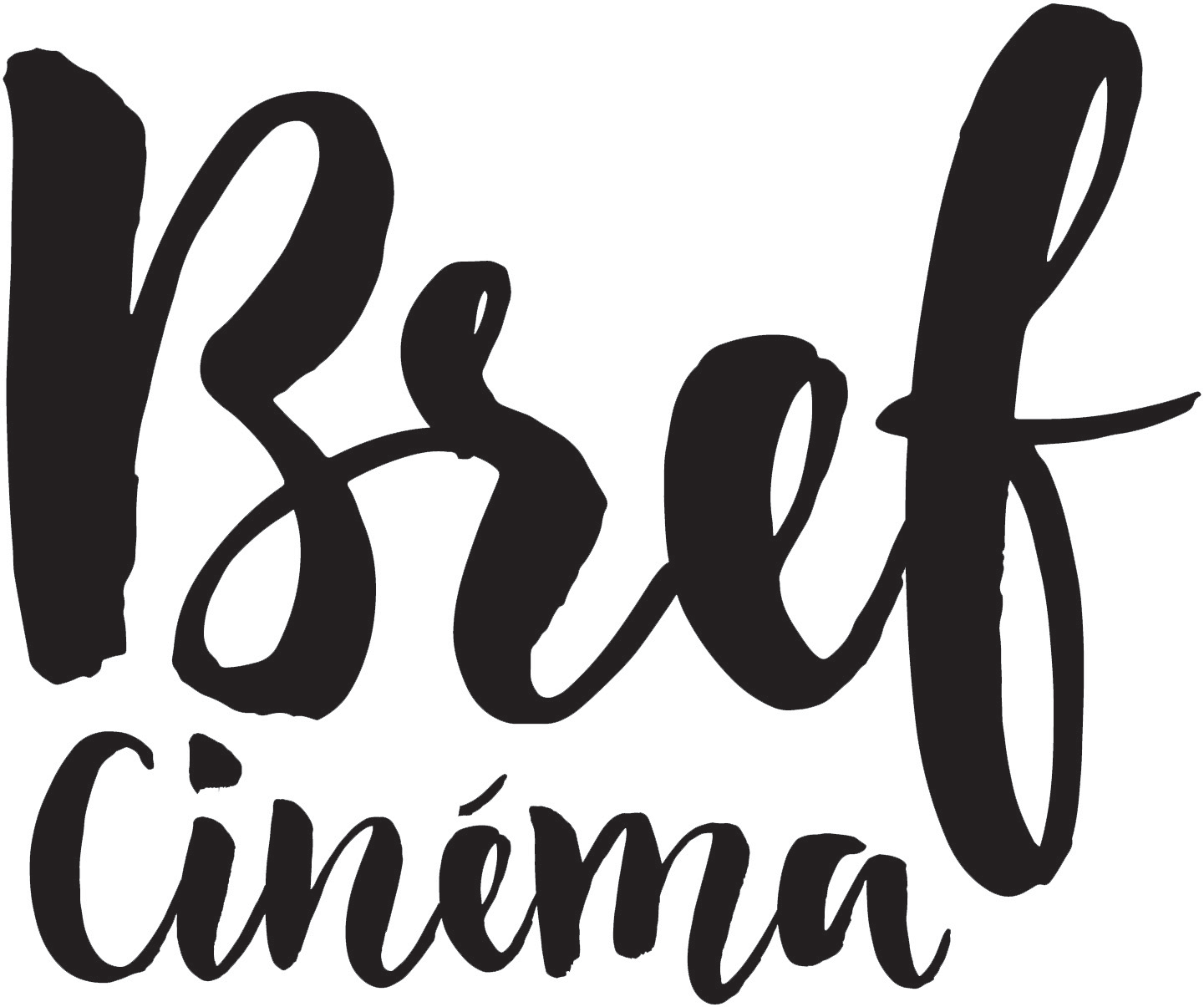


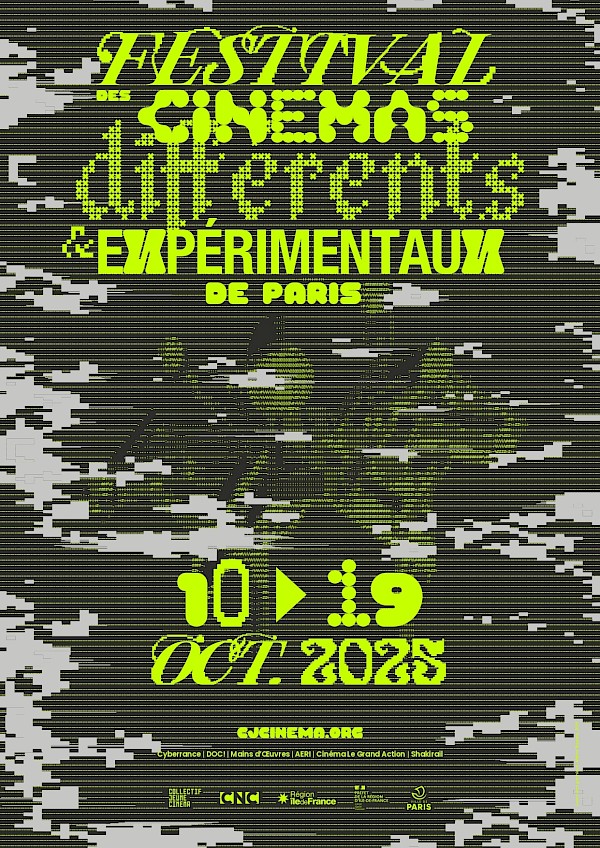 27th edition
27th edition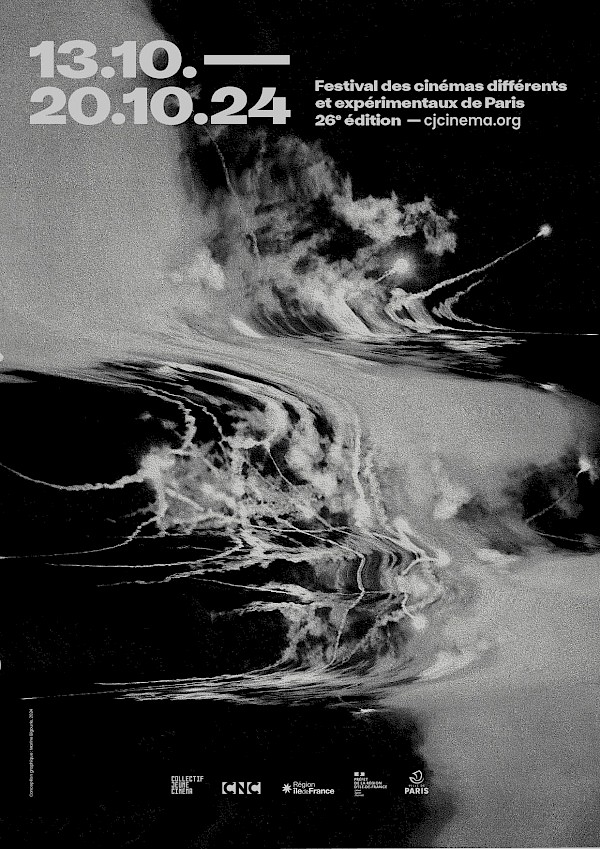 26th edition
26th edition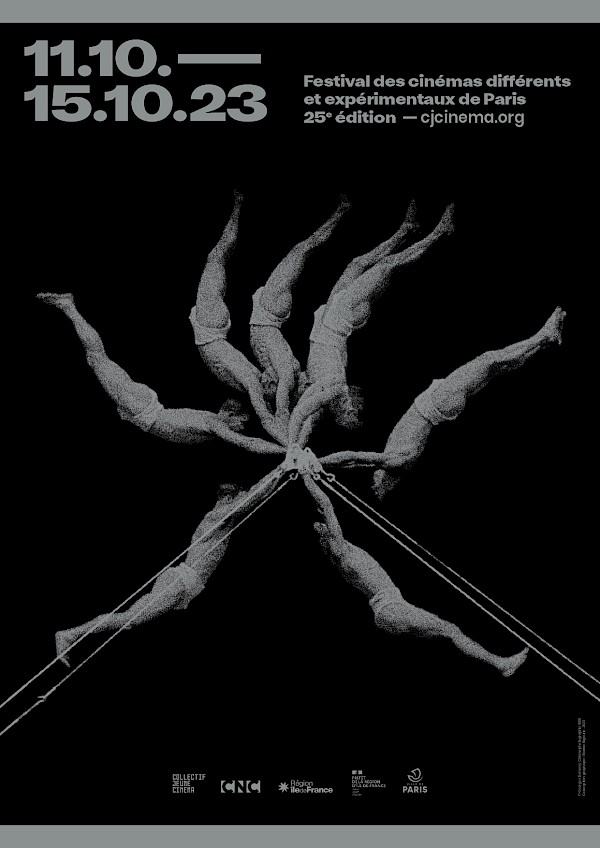 25ème édition
25ème édition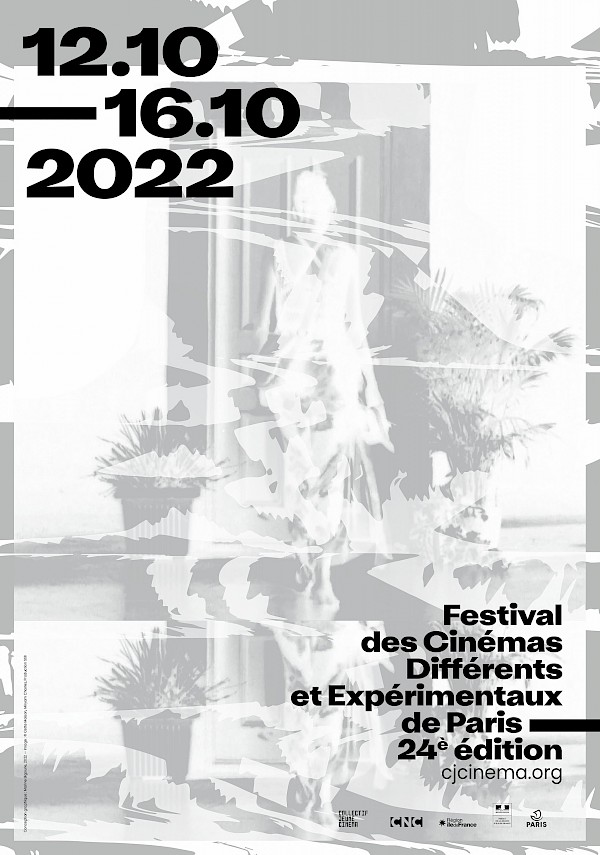 24ème édition
24ème édition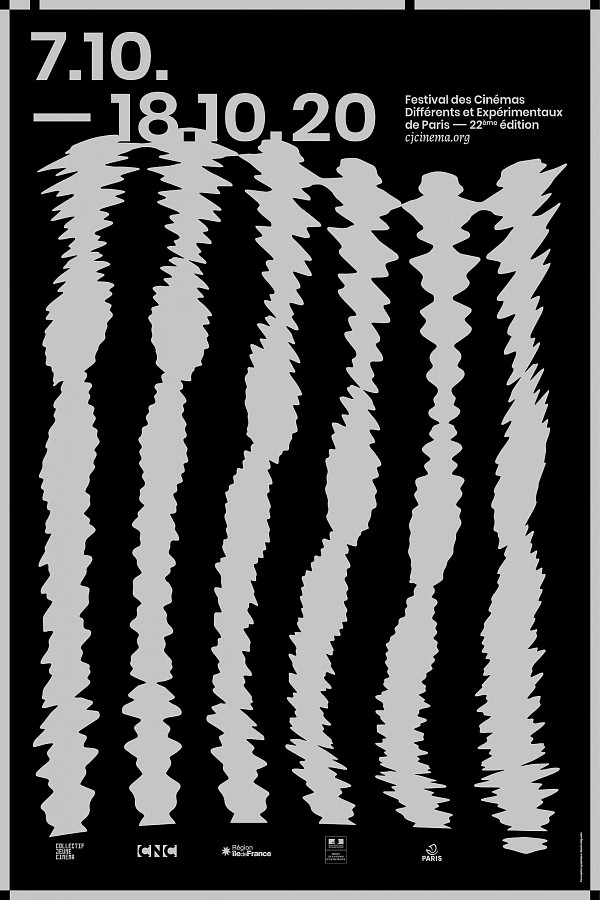 22nd edition
22nd edition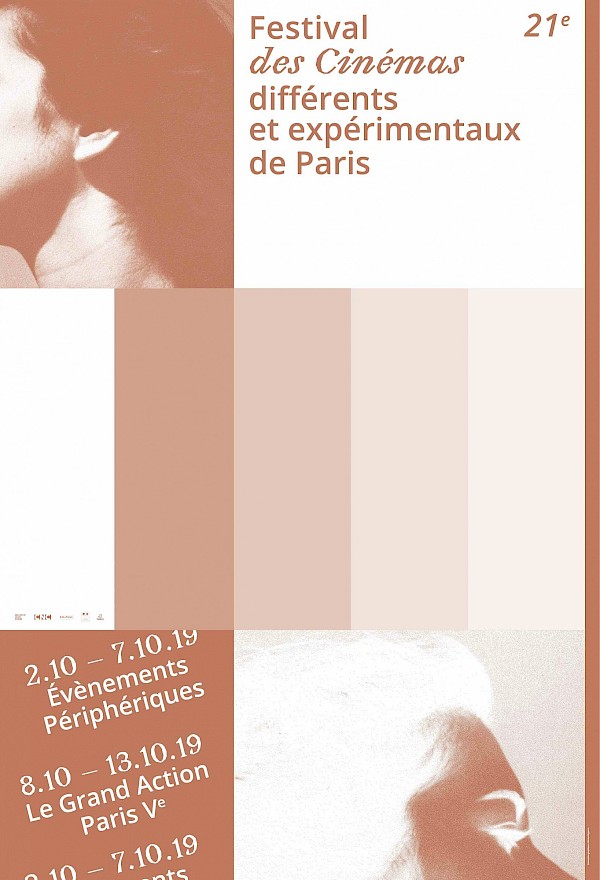 21st edition
21st edition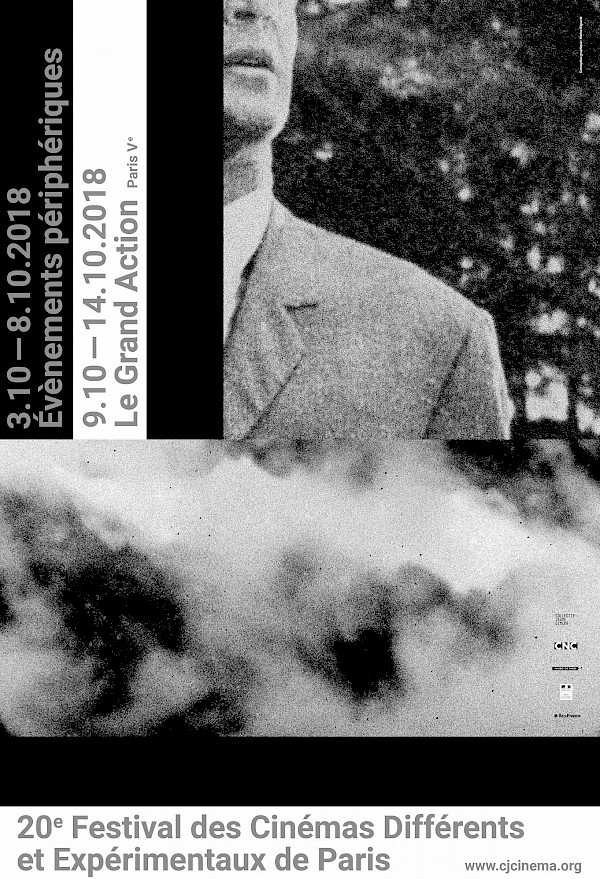 20th edition
20th edition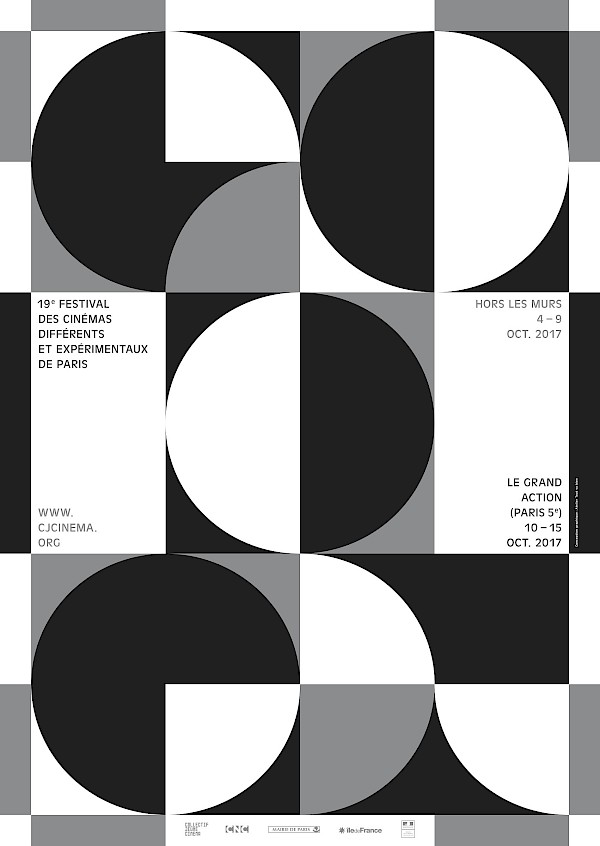 19th edition
19th edition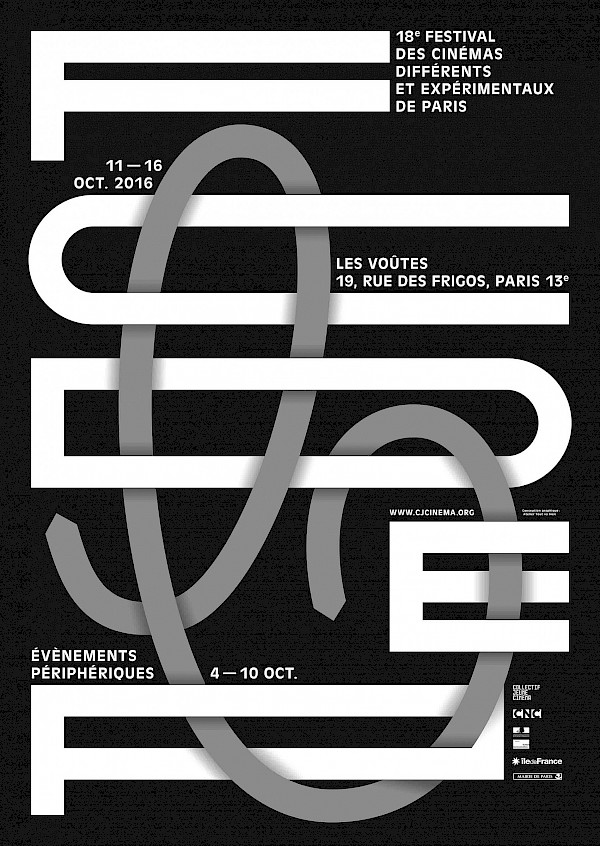 18th edition
18th edition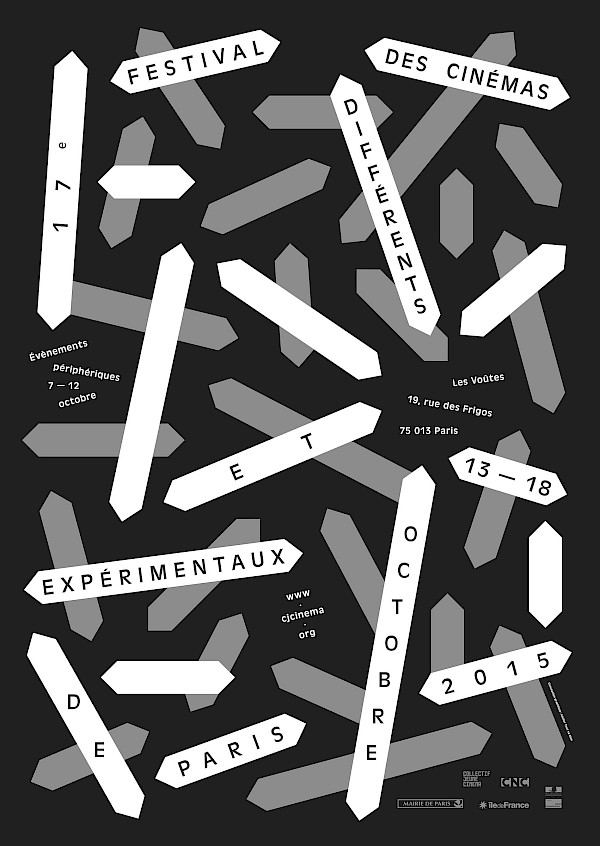 17th edition
17th edition